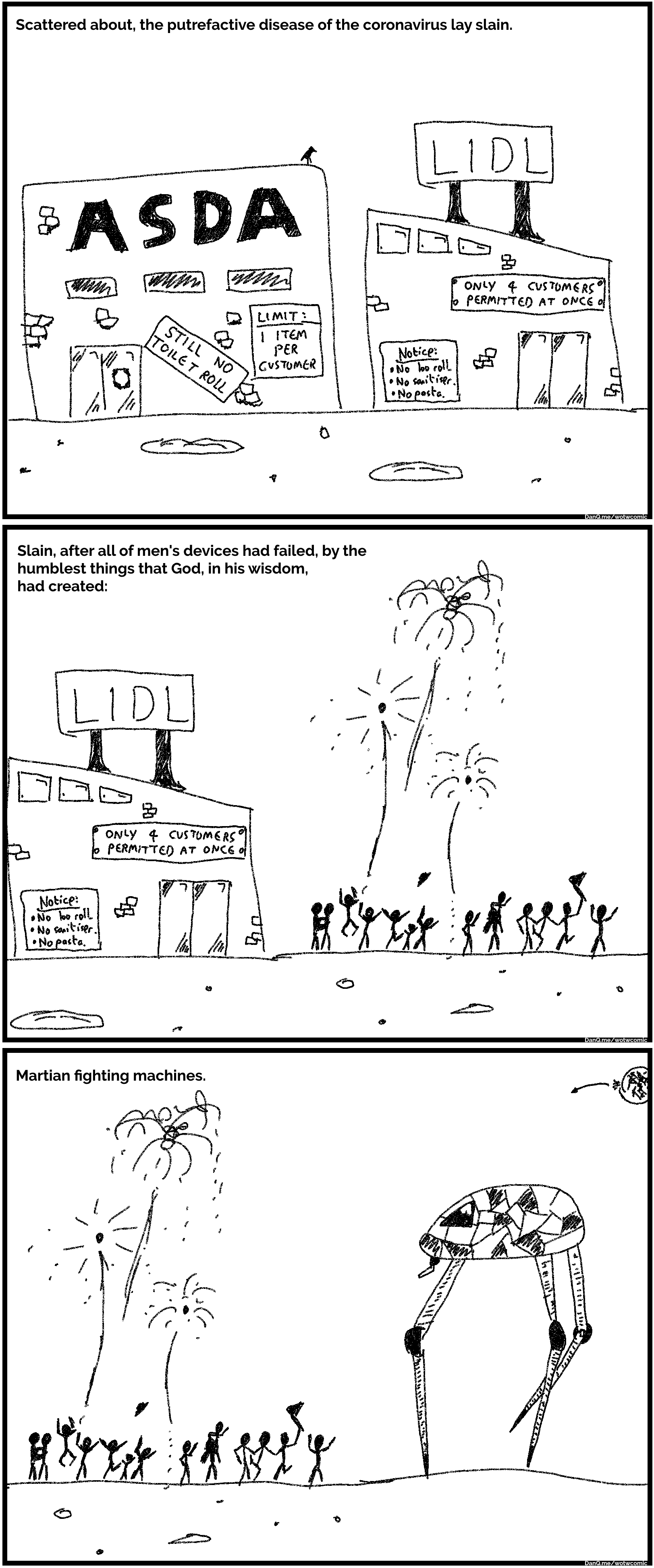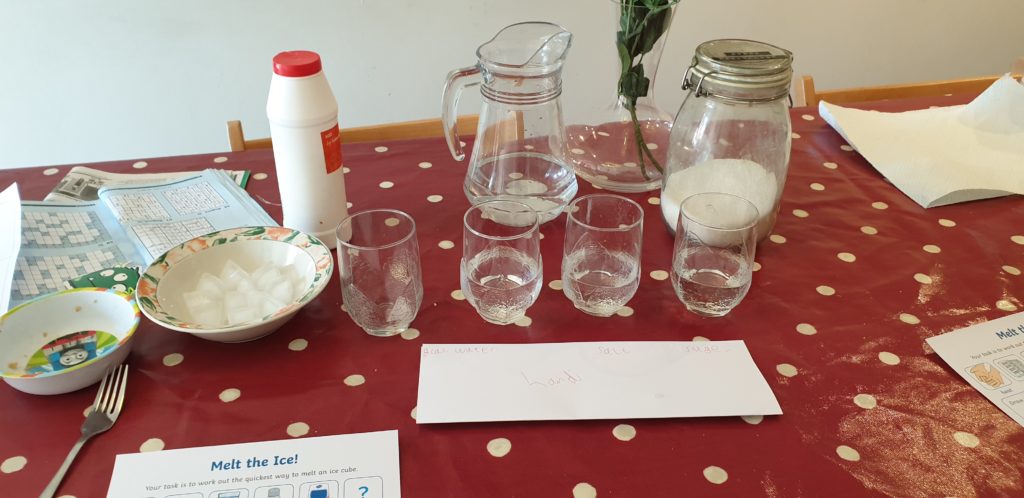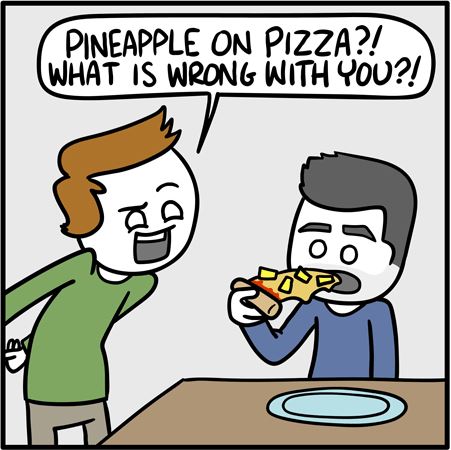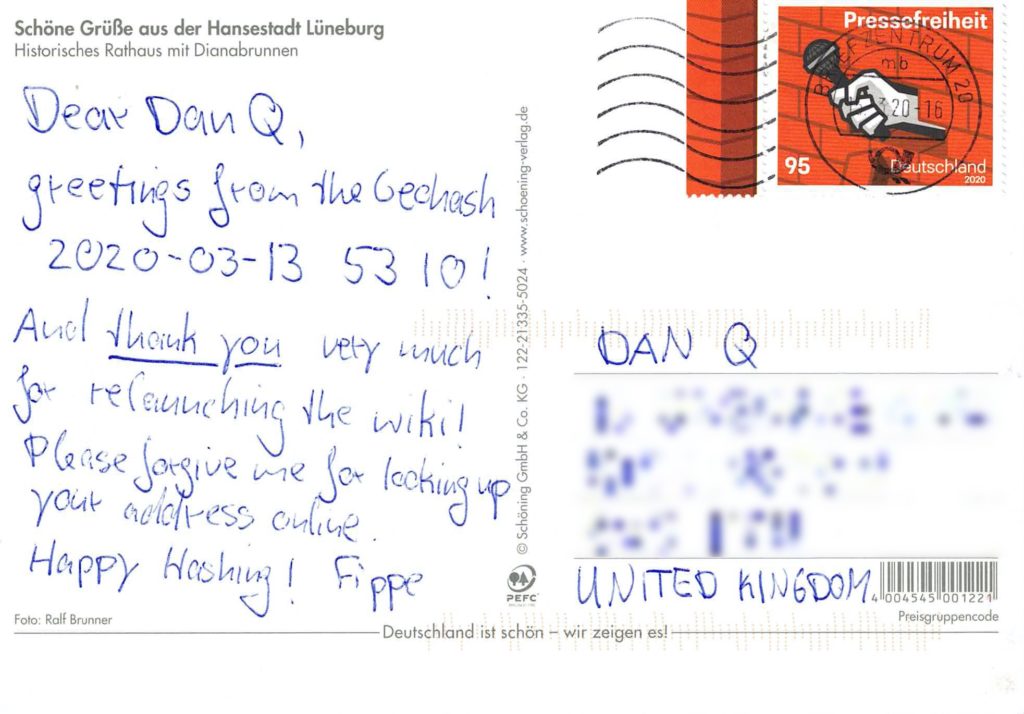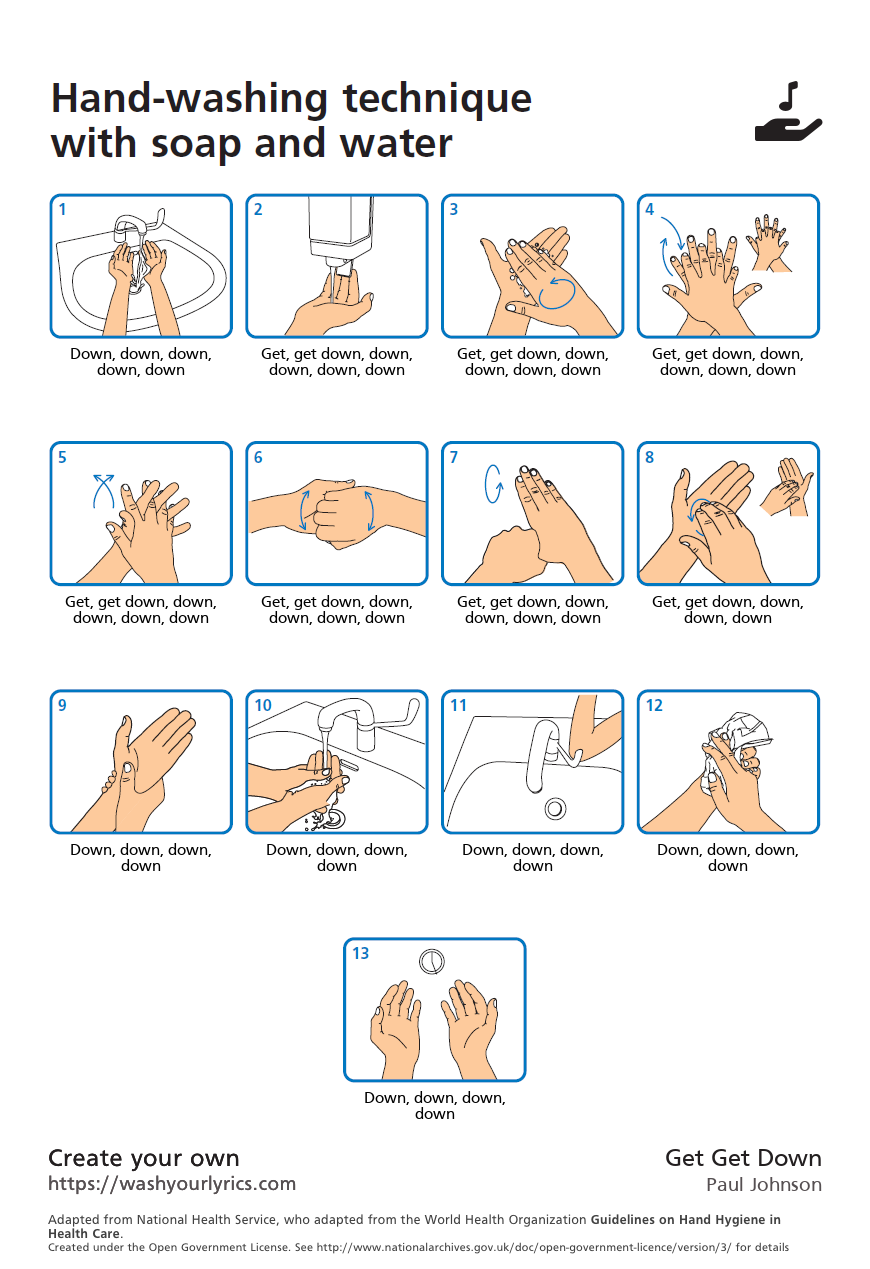On the face of it, WebKit’s announcement yesterday titled Full Third-Party Cookie Blocking and
More sounds like something I would wholeheartedly welcome. Unfortunately, I can’t because the “and more” bit effectively kills off Offline Web Apps and, with it, the chance to
have privacy-respecting apps like the prototype I was exploring earlier in the year based on DAT.
Block all third-party cookies, yes, by all means. But deleting
all local storage (including Indexed DB, etc.) after 7 days effectively blocks any future decentralised apps using the browser (client side) as a trusted replication node in a
peer-to-peer network. And that’s a huge blow to the future of privacy.
…
Like Aral and doubtless many others, I was initially delighted to see that Safari has beaten Chrome to the punch, blocking basically all third-party cookies through its
Intelligent Tracking Protection. I don’t even routinely use Safari (although I do block virtually all third-party and many first-party cookies using uMatrix for Firefox), but I loved this announcement because I knew that this, coupled with Google’s promise to (eventually)
do the same in their browser, would make a significant impact on the profitability of surveillance capitalism on the Web. Hurrah!
But as Aral goes on to point out, Apple’s latest changes also effectively undermines the capability of people to make Progressive Web Applications that run completely-offline, because their new privacy features delete the cache of all
offline storage if it’s not accessed for 7 days.
PWAs have had a bumpy ride. They were brought to the foreground by Apple in the first place when Steve Jobs suggested that
something-like-this would be the way that apps should one day be delivered to the iPhone, but then that idea got sidelined by the App Store. In recent years, we’ve begun to see the
concept take off again as Chrome, Firefox and Edge gradually added support for service workers (allowing offline-first), larger local storage, new JavaScript interfaces for e.g.
cameras, position, accelerometers, and Bluetooth, and other PWA-ready technologies. And for a while I thought that the day
of the PWA might be drawing near… but it looks like we might have to wait a bit longer.
I hope that Google doesn’t follow Apple’s lead on this particular “privacy” point, although I’m sure that it’s tempting for them to do so. Offline Web applications have the potential to
provide an open, simple, and secure ecosystem for the “apps” of tomorrow, and after several good steps forwards… this week we took a big step back.


